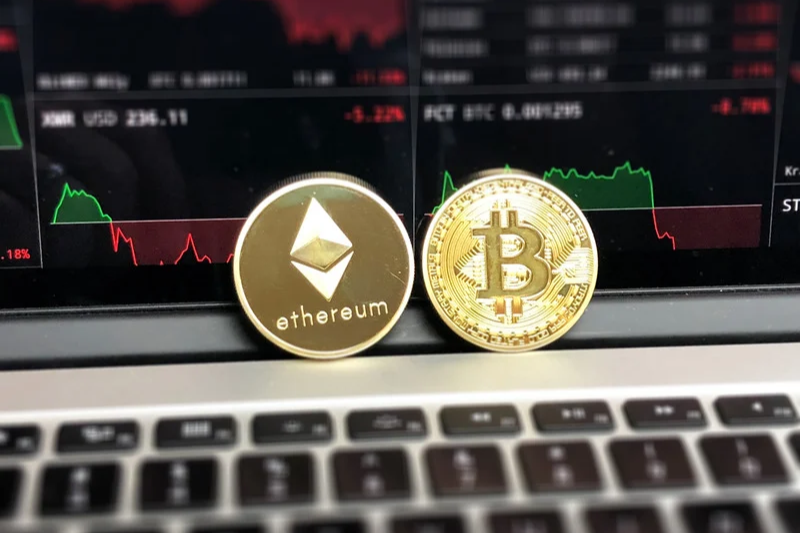Introduction
Blockchain technology is a revolutionary digital framework that has the potential to transform various industries by providing a secure, transparent, and decentralized way of recording transactions and managing data.
Understanding Blockchain
At its core, blockchain is a distributed ledger technology (DLT) that allows data to be stored globally on thousands of servers. This decentralization means that no single entity has control over the entire network, making it resistant to fraud.
How it Work?
- Data Storage: Information is stored in ‘blocks’ of data.
- Chain Formation: Each block is linked to the previous one via cryptography, forming a ‘chain’.
- Decentralization: The ledger is distributed across a network of computers, known as nodes.
- Consensus Mechanism: When a transaction occurs, all nodes must agree to its validity.
- Immutability: Once confirmed, the transaction is irreversible and permanently recorded.
Key Features
Applications of Blockchain

- Security: Cryptographic hashing ensures the integrity of transaction histories.
- Transparency: All participants have access to the ledger and its immutable record of transactions.
- Efficiency: It can streamline processes and reduce the need for intermediaries.
- Traceability: The provenance of assets can be traced back through the blockchain.
- Cryptocurrencies: Like Bitcoin, which introduced blockchain to the world.
- Smart Contracts: Self-executing contracts with the terms directly written into code.
- Supply Chain Management: For tracking the production, shipment, and delivery of products.
- Voting Systems: To create tamper-proof and transparent electoral processes.
The Future of Blockchain
The potential extends far beyond cryptocurrencies. It could redefine how we conduct business, govern societies, and manage resources. As the technology matures, we can expect to see more innovative applications that leverage the trust and security offered by blockchain.
Conclusion
It is not just a new technology, it’s a new way of thinking about trust and collaboration in the digital age. With its ability to provide secure, transparent, and decentralized solutions, blockchain stands poised to be a cornerstone of future technological advancements.
Disclaimer: The information provided in this guide is for informational purposes only and does not constitute legal or financial advice


